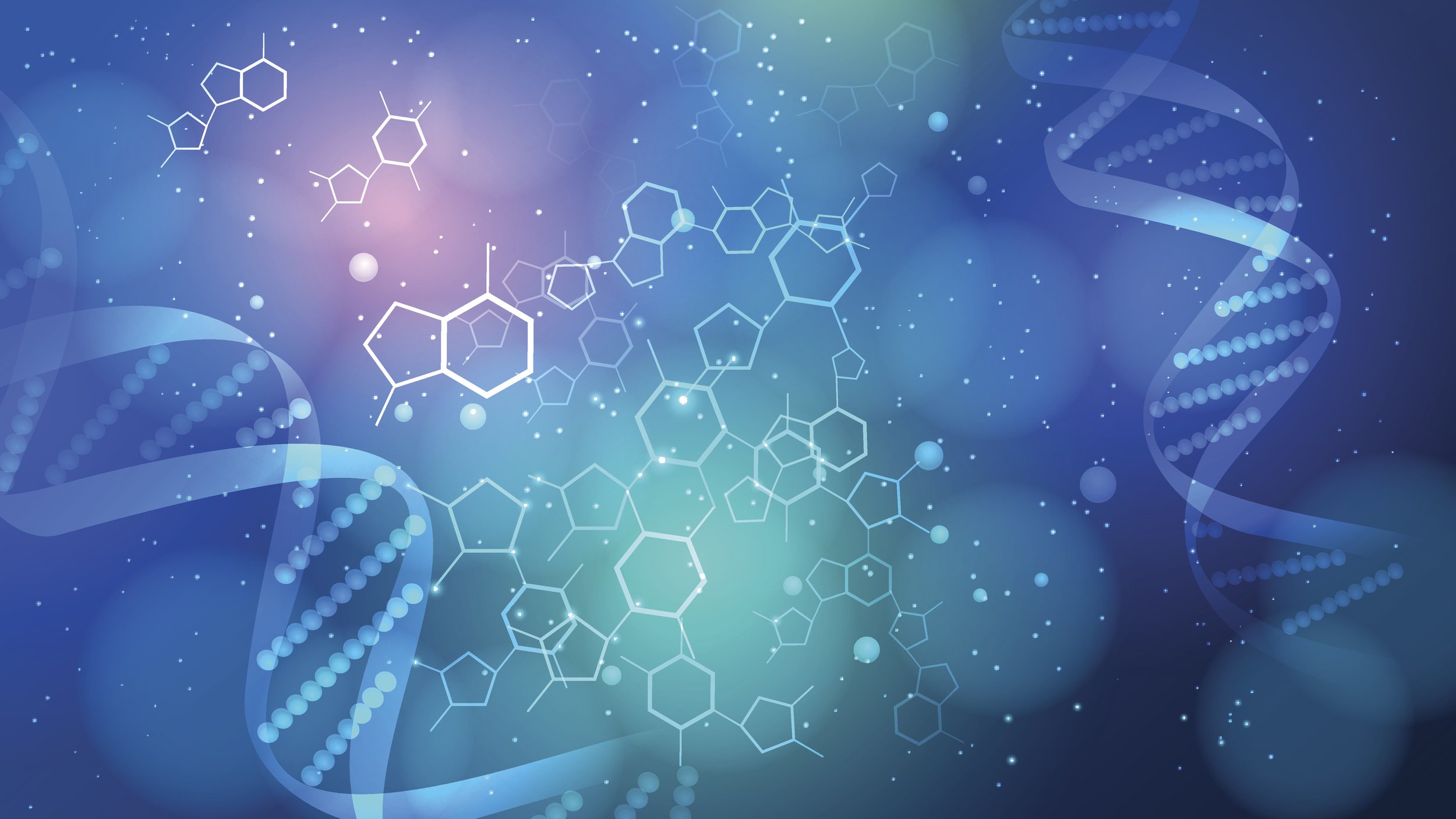
Biology and Policy Society
A group of like-minded people to discuss the applications of biological concepts to solve public policy problems.
Summary
So far, public policy has been guided by economic frameworks, such as supply and demand and public policy frameworks, such as incentives or nudges. Whilst both these areas are critical to formulating good policies, a key area often neglected in public policymaking is biology. Humans are a social group moulded by thousands of years of evolution. While the intelligence of the homo species sets it apart from others, we should not ignore the role fundamental biology plays in influencing our behaviour. This influence extends from individual behaviour to social groups – for instance, the in-built biological need to take care of our young or conform to some norms to be part of a social grouping. Human biology is likely also to govern how public policy is adopted and implemented. Behavioural economics has been used in some studies to understand how groups may respond to incentives. However, other areas such as evolutionary biology, psychology and ethnology should also contribute to informed policymaking.
The Approach
This group aims to understand how biology can influence public policy making. Select examples of key questions we would seek to answer are below:
How have humans evolved to model eating habits in a social setting? How can this be utilised to improve nutritional outcomes through government schemes?
How do population sub-groups respond to decisions made without their direct involvement? How can this influence their adoption of policies, particularly those not made by local governments?
How do humans perceive risk communication from various sources? How can we better tailor risk communication from the government?
A deeper premise is the question of what is a social group in biology. Some species are genetically wired to form colonies of large numbers where work is distributed. Since there is a genetic influence, mutiny within colonies in these species is rare. Some species also tend to form social groups, where work distribution may not be genetically coded. However, these groups are much smaller numbers than we see in human-made nation-states. How then do we define and maintain a social group, which co-operation as its feature, when the number of group members is huge and, in many contexts, resources are disproportionate to the needs of the group.






